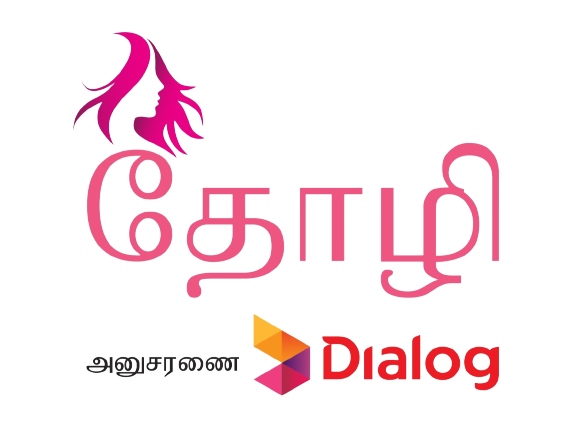Child Abuse

Child abuse refers to any act or failure to act by a parent, caregiver, or another person in a
position of trust that results in harm, potential harm, or threat of harm to a child. It can take various
forms, including physical abuse, emotional abuse, sexual abuse, neglect, and exploitation.
Protecting children from abuse is a priority in many countries, including Sri Lanka.
Child abuse laws in Sri Lanka:
In Sri Lanka, child protection is addressed by several laws and regulations. Some key legislation
related to child protection includes:
- The Children and Youth Ordinance of 1939
- The Prevention of Employment of Women, Youth and Children Act No. 47 of 1950.
According to the above Acts, a child is defined as a person below 14 years of age
The Penal Code is the main source used to prevent child abuse and to take legal action against
perpetrators of child abuse.
Penal Code No. 22 of 1995 (Amendment Act)
The specialty of this is not only in relation to the offences of child abuse but also in defining the maximum
and minimum punishments that can be given in respect of those offences. Cruelty to children, sexual
exploitation of children, sexual abuse of children, using children for obscene Publication and exhibition,
possession of such publications, sale, distribution, etc. and aiding and abating in it are defined as criminal
offenses under this Act.
Penal Code (Amendment Act) No. 29 of 1998
This Act defines employment of children below the age of 18 as a serious crime and indicates punishments
for the following matters.
Use of children for begging, hiring of children for sex, employment, use of children for transportation of
restricted goods such as poisonous substances opium and other drugs.
Ways children may be abused:
Child abuse can manifest in various forms, including:
Physical abuse: Inflicting physical harm or injury on a child.
Physical abuse of a child occurs when someone knowingly harms or endangers a child physically.
Physical abuse does not always leave a visible mark or injury. Physical abuse can include hitting,
shaking, throwing, burning, drowning, choking, or otherwise physically harming the child.
Emotional abuse: Causing emotional or psychological harm, such as constant criticism or
humiliation. Emotional abuse occurs when something happens to a child that negatively affects
their social-emotional or intellectual development.
Sexual abuse: Inappropriate or non-consensual sexual contact or exploitation of a child.
Child sexual abuse occurs when an adult, young person or child uses their power or authority to
force or induce another child to participate in sexual activity.
Neglect: Failure to provide the necessary care, supervision, or support for a child’s well-being.
Neglect occurs when a child’s basic needs are ignored and their development is neglected.
Exploitation: Using a child for labor, trafficking, or any other form of unjust exploitation.
Reporting child abuse in Sri Lanka:
This article focuses mainly on physical abuse against children and the current legal status of it.
The National Child Protection Authority Act (NCPS) deals with the prevention of child abuse and
the formulation of national guidelines for the protection and treatment of children who are victims
of such abuse and the coordination and monitoring of action against all.
If you suspect or witness child abuse in Sri Lanka, you can report it to the National Child Protection
Authority (NCPA), which is the primary government agency responsible for child protection. The
contact details for reporting child abuse to the NCPA are as follows:
National Child Protection Authority (NCPA):
Hotline: 1929
Email: hothelp@childprotection.gov.lk
Additionally, you can report cases to the nearest police station, child welfare organizations, or
social services. It is essential to take immediate action to protect the child and ensure that
appropriate authorities to investigate the matter.
Agencies to report child abuse
- Police Children and Women Bureau
- National Child Protection Authority
All these ordinances and laws ensure the protection of a child.
Source: Women In Need
